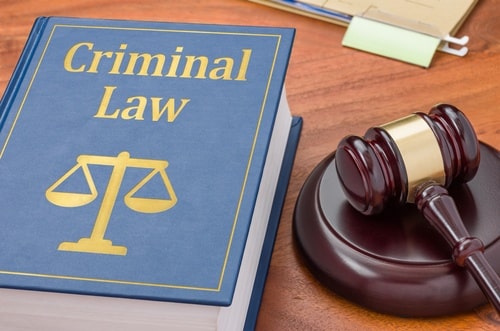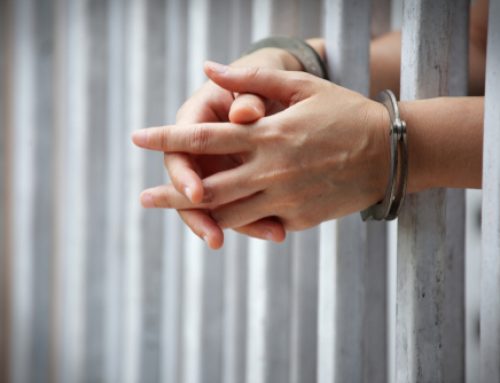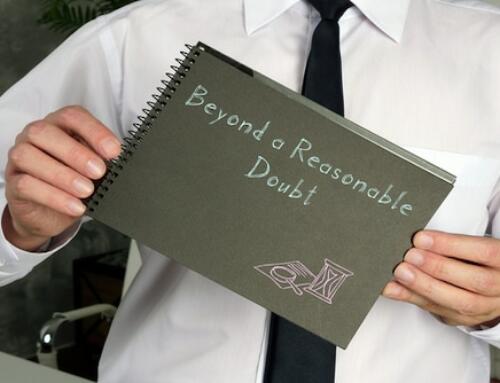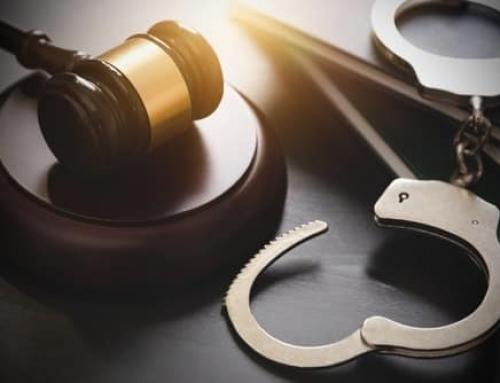If you have been charged with a crime, you need to do everything you can to avoid being convicted at trial. A conviction can have lifelong implications regardless of the severity of your alleged crime; and, if you have been charged with a serious offense, you could be facing years or decades behind bars.
Knowing what to do starts with knowing the terminology used in criminal cases. While most people are generally familiar with the relevant terms, few people have a clear understanding of what they actually mean. With this in mind, here are definitions of 15 key terms you need to know if you are facing trial in Pennsylvania:
Glossary: Important Terms to Know When Facing a Criminal Charge in Pennsylvania
1. Acquittal
If your case goes to trial, you will be fighting for an acquittal. If you are acquitted of the charges against you, this means that the judge or jury has determined that you are not guilty of the crime (or crimes) alleged.
2. Affirmative Defense
An affirmative defense is a specific type of defense that involves asserting that you are not guilty even though you took the physical steps necessary to commit a crime. Examples of affirmative defenses include self-defense, defense of others, diminished capacity, duress, necessity, and insanity.
3. Arraignment
Once you are arrested for a crime in Pennsylvania, your first appearance in court is your arraignment. The specifics of your arraignment will depend on whether you are being charged with a misdemeanor or a felony; but, generally speaking, you will be informed of the specific charges against you, you will be informed of your right to trial and right to counsel, and the judge will set bail (unless you plead guilty in a misdemeanor case). Arraignments for misdemeanors include the entry of a plea, while this is reserved for a subsequent preliminary hearing in felony cases.
4. Bail
If you are released pending trial, the judge may decide to set bail. Bail is an amount of money that you have to pay or pledge in order to secure your temporary release. If you fail to show up for court, then the judge may order that your bail be forfeited and that you be taken into custody.
5. Burden of Proof
In misdemeanor and felony cases in Pennsylvania, the prosecution has the burden of proof. This means that the prosecution must prove your guilt; and, if it doesn’t, you are entitled to an acquittal. In criminal cases, the burden of proof is “beyond a reasonable doubt,” or essentially with 99 percent certainty.
6. Charge
In a criminal case, a charge is a formal accusation of a criminal offense. As a criminal defendant, you have the right to know all of the charges against you, and your defense attorney will need to build a defense against each individual charge.
7. Conviction
If your case goes to trial, then the judge or jury will render a verdict (depending on whether you were only eligible for a bench trial or you were entitled to (and elected to receive) a trial by jury). If you are found guilty, then the court will enter a conviction. Convictions are subject to appeal on limited grounds; and, in some cases, convicts can file petitions for post-conviction relief as well.
8. Dismissal
A dismissal occurs when your case is resolved in your favor prior to the verdict. There are various grounds for filing a motion to dismiss, including inadequate evidence of guilt, expiration of the statute of limitations, and violations of your constitutional rights.
9. Hearing
A hearing is a court proceeding used to decide a motion, such as a motion to suppress evidence or a motion to dismiss. Hearings are sort of like “mini-trials,” although the procedural aspects of hearings and trials are very different. If you are facing a felony charge, you will also be scheduled for a preliminary hearing, and hearings can be scheduled to address various other pre-trial matters as well.
10. Miranda Warning
Before the police interrogate you in custody, they are required to read you the Miranda warning. The Miranda warning contains an explanation of certain rights afforded to criminal suspects and defendants under the U.S. Constitution, including the right to remain silent and the right to counsel.
11. Mistrial
If the jury cannot reach a unanimous verdict, the judge may order a mistrial. Essentially, this means that your trial did not reach a conclusion. If the judge declares a mistrial, the prosecutor’s office will have the option to pursue your charges again, as a mistrial does not trigger the Fifth Amendment protection against double jeopardy.
12. Prosecutor
A prosecutor is an attorney who works for the Commonwealth of Pennsylvania and whose job is to try criminal cases on behalf of the state. There are multiple prosecutors in each of Pennsylvania’s judicial districts, and many have devoted their entire careers to trying to put alleged criminals behind bars.
13. Sentence
If you are convicted at trial, then you will receive a sentence based on the crime(s) of which you are convicted and the Pennsylvania Sentencing Guidelines. In most cases, potential sentences include fines and incarceration. However, some crimes carry additional sentences as well.
14. Trial
A trial is the formal court proceeding in which a judge or jury determines if a criminal defendant is guilty beyond a reasonable doubt. At trial, the prosecution presents its evidence first, and then the defense has the opportunity to respond. If you do not negotiate a plea deal during your trial and do not file a successful motion to dismiss while your trial is pending, the potential outcomes include acquittal, conviction, and mistrial.
15. Voir Dire
Voir dire is the process of selecting the jurors who will hear your case. During voir dire, the prosecution and defense both have the opportunity to strike potential jurors for various reasons; and, at the end of the process, the judge will impanel a jury and select alternate jurors who will serve if in the event that one of the empaneled jury members becomes unavailable.
Discuss Your Case with Philadelphia Criminal Defense Attorney Brian Fishman
Have you been charged with a crime in Philadelphia? If so, you should speak with a lawyer as soon as possible. To schedule a free initial consultation with Philadelphia criminal defense attorney Brian Fishman, call 267-758-2228 or contact us online now.






